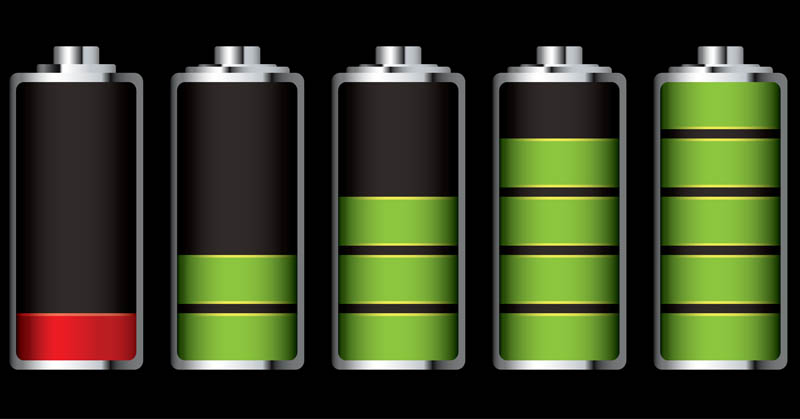Battery Technology has become key in supporting our mobility and portable energy needs. As technology advances, battery development has undergone significant transformations in terms of capacity, efficiency, size and endurance. This article will explore the development of battery technology over time and its implications for various aspects of our lives.
The Beginning: The Voltaic Battery
Battery development began in the late 18th century with the invention of the voltaic battery by Alessandro Volta. A voltaic battery uses a buildup of chemicals to generate an electric potential. Although these early batteries had a low capacity and large size, they provided the basis for the development of more advanced battery technologies in the future.
Lead-Acid Batteries: Better Mobility
In the mid-19th century, the lead-acid battery was invented. These batteries had a higher capacity and smaller size, making them suitable for use in portable applications such as lamps, radios, and early mobile phones. Lead-acid batteries are still used today in certain applications.
Lithium-ion Battery Development: The Portable Revolution
The most significant development in battery technology came with the invention of the lithium-ion battery in the 1970s. Lithium-ion batteries use lithium as an electrolyte and produce higher energy than previous batteries. The main advantages of lithium-ion batteries are smaller size, lighter weight, higher capacity and longer service life.
Lithium-ion Batteries in the Electronics Industry
The development of lithium-ion batteries has changed the electronics industry significantly. These batteries have been used in a variety of portable devices such as smartphones, laptops, tablets and digital cameras. The advantages of lithium-ion batteries in terms of durability and energy efficiency have allowed for longer use of the device without the need for frequent charging.
The Development of Lithium-ion Batteries in Electric Cars
In addition to applications in the electronics industry, the development of lithium-ion batteries has also changed the automotive industry with the emergence of electric cars. More efficient and higher capacity lithium-ion batteries allow electric cars to travel longer distances on a single charge. This paved the way for more environmentally friendly and sustainable transportation.
Innovation and Future Challenges
Developments in battery technology are continuing, with a focus on increasing capacity, charging speed and service life. Innovations such as compact batteries, lithium-sulfur based batteries, and lithium-air based batteries are being developed to address current battery limitations. The challenges faced include safety, production costs and management of battery waste.
Environmental Impact
The development of battery technology also has an environmental impact. Battery production requires limited raw materials and has an ecological impact, especially in the case of lithium mining.
In addition, proper management of battery waste is essential to prevent environmental pollution. In this regard, the development of environmentally friendly batteries and recycling efforts are important.
Wide Application in Renewable Energy
Apart from portable and electric vehicle applications, battery technology is also used in energy storage for renewable energy sources such as solar panels and wind turbines. Batteries enable efficient energy storage and consistent energy use even when renewable energy sources are inactive.
Conclusion
Developments in battery technology have changed the way we use portable energy and are driving progress in various sectors. From voltaic batteries to lithium-ion batteries, each stage of development has brought improvements in battery capacity, efficiency, and capabilities.
In the future, new innovations and discoveries will continue to improve battery performance and open the door for wider applications in renewable energy and green transport. It is important that we continue to support the research and development of battery technology to achieve a more sustainable and more energy efficient future.

